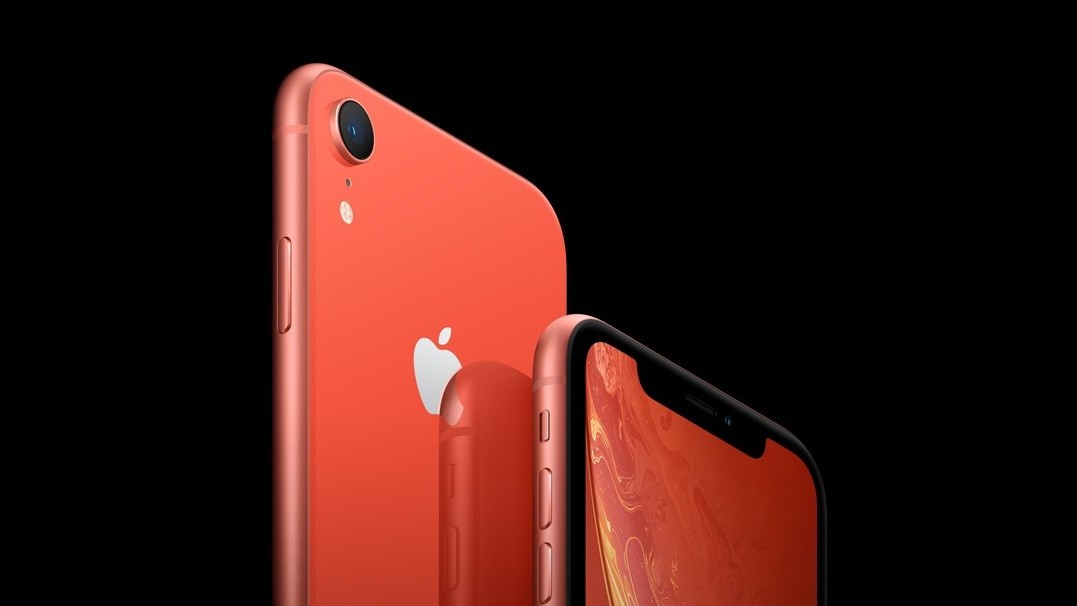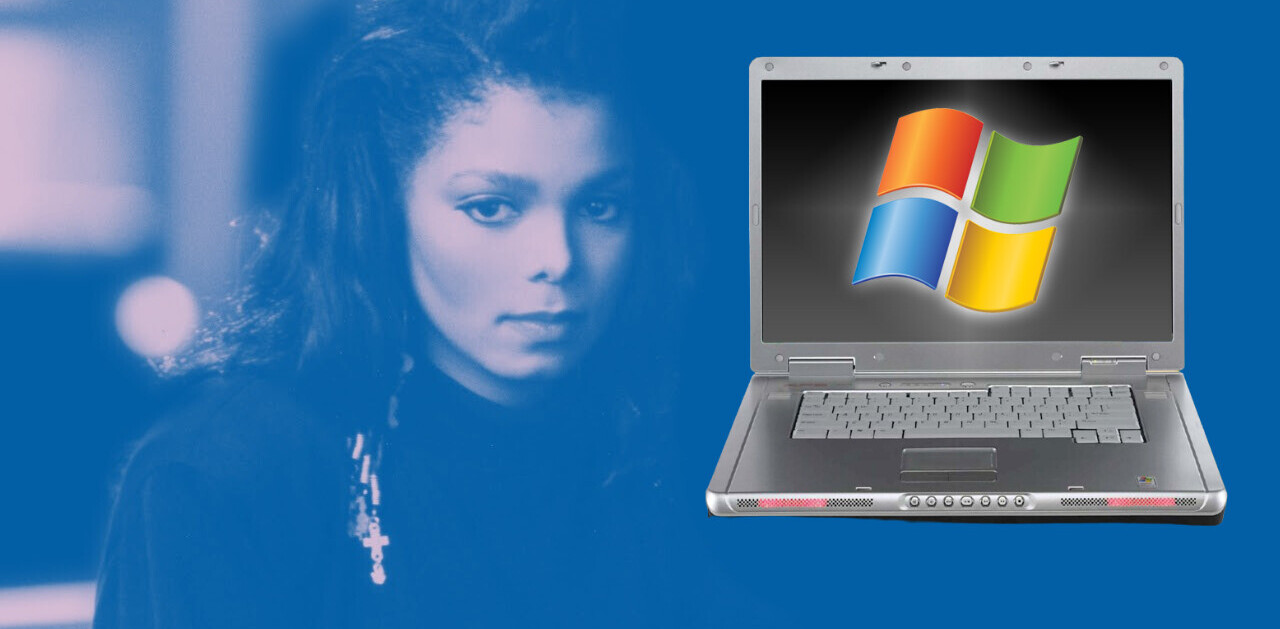
If there’s one thing we know about Apple, it’s the company likes to do things its own way. Case in point: the company today announced it has acquired the “majority” of Intel’s cellular modem business. The $1 billion deal involves a transfer of some 2,200 Intel employees, as well as intellectual property, equipment, and leases. The deal is expected to close in the fourth quarter of 2019.
According to Apple:
Combining the acquired patents for current and future wireless technology with Apple’s existing portfolio, Apple will hold over 17,000 wireless technology patents, ranging from protocols for cellular standards to modem architecture and modem operation. Intel will retain the ability to develop modems for non-smartphone applications, such as PCs, internet-of-things devices and autonomous vehicles.
In other words, Intel will no longer be in the smartphone modem business, taking away one of the only competitors with any chance to rival Qualcomm’s efforts (Apple surely won’t be making modems for anyone else). Granted, Intel never had anywhere near the widespread use Qualcomm does – one of its few customers being Apple itself – but it makes for a less competitive marketplace.
Intel’s CEO Bob Swan had this to say:
This agreement enables us to focus on developing technology for the 5G network while retaining critical intellectual property and modem technology that our team has created…. We’re looking forward to putting our full effort into 5G where it most closely aligns with the needs of our global customer base, including network operators, telecommunications equipment manufacturers and cloud service providers.
We likely won’t be seeing a 5G iPhone based on Intel’s technology for a few years, but this move means Apple will have greater control over its hardware once the transition is complete. The company still relies on Qualcomm parts – and the first 5G iPhones will likely use Qualcomm modems, but today’s acquisition will make it easier for the company to transition out of that reliance.
Apple already designs its own CPUs and GPUs on its mobile devices, and there are rumors the company is seeking to drop Intel’s desktop processors in favor of its own within a few years. That the company is looking to make its own cellular models too is just Apple being Apple.
Get the TNW newsletter
Get the most important tech news in your inbox each week.




